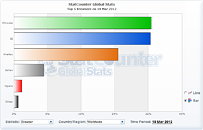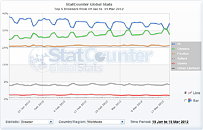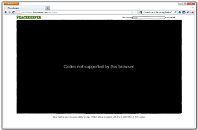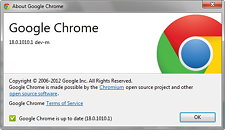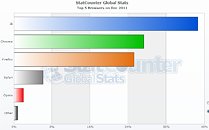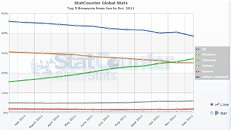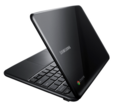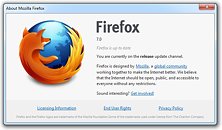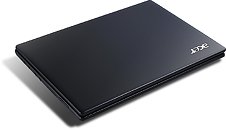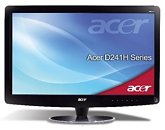
Chrome is World's Number One Browser for a Day - StatCounter
Google's Chrome narrowly became the world's top internet browser for the first time on Sunday 18 March 2012, according to StatCounter, the independent website analytics company. The firm's research arm StatCounter Global Stats reports that Chrome topped the polls in India, Russia and Brazil, all of which contributed to it becoming the number one browser for that day on a global basis.
"While it is only one day, this is a milestone," commented Aodhan Cullen, CEO, StatCounter. He added that Chrome still faces a battle to unseat its main rivals including IE and Firefox in many regions. Chrome remains in 2nd or 3rd place in China, United States and Germany, for example.
"While it is only one day, this is a milestone," commented Aodhan Cullen, CEO, StatCounter. He added that Chrome still faces a battle to unseat its main rivals including IE and Firefox in many regions. Chrome remains in 2nd or 3rd place in China, United States and Germany, for example.
